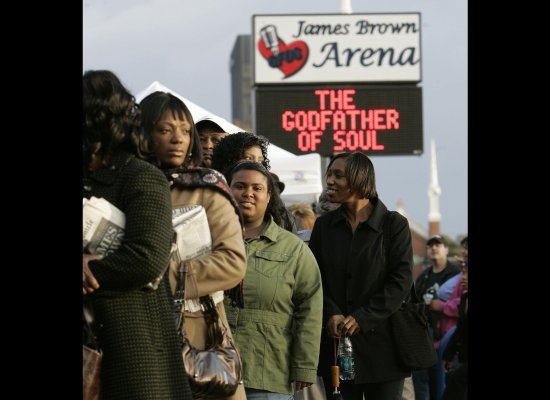For LEED Consultancy / IGBC Certifications, Green Building Design, Green Homes, Green Factory Buildings, Green SEZs, Green Townships & Energy Audits - www.greentekindika.com
huffingtonpost.com / Posted: 8/22/11 04:46 PM ET.

Job access rate: 19.8 percent
Public transportation coverage: 57.9 percent (8th lowest)
Zero-vehicle households: 7.3 percent
Zero-vehicle households with low-income: 71.2 percent
Only 58% of households in the Augusta metropolitan area without cars are located near public transportation. As a result, less than 20% of jobs are reachable in at least 90 minutes for those households. A major reason for these low rates is the cost of the city's bus system. In June 2011, it was decided that the bus system would be privatized, a move that is expected to save the city $400,000 a year, according to The Augusta Chronicle. According to its proponents, privatization may also improve overall availability of transportation.
From 24/7 Wall St.: There are over 7.5 million households in the U.S. in which the residents do not own an automobile. Of course, these homes rely on public transportation to commute to work, schools and shopping. Yet, 700,000 of those households don’t even have access to public transit, according to the Brookings Institution. And for those with access, just over 40% of jobs in their metropolitan areas are accessible within 90 minutes. In some areas, it is much worse. 24/7 Wall St. identified the ten metropolitan areas with the lowest rates of job access, as outlined in the Brookings report.
This lack of effective transportation is extremely restrictive, limiting where people can work and what they can do. Sixty percent of zero-vehicle households have incomes that are less than 80% the median income for the metro area. Although it is unclear whether poor access to jobs increases the odds of poverty in and of itself, it is obvious that it plays some role. It is therefore not entirely surprising that areas with low job access have high rates of people with low incomes.
Metropolitan areas with low job access are not necessarily a far distance from transit. Miami, for instance, has the 8th best public transportation coverage in the nation, yet one of the lowest rates of job access. This is due in part to the metropolitan area’s size and urban sprawl, as well as inefficiencies within its massive bus network that prevent people from reaching a large number of jobs in a reasonable amount of time, defined by Brookings as 90 minutes or less.
Full Story with Photos at,
